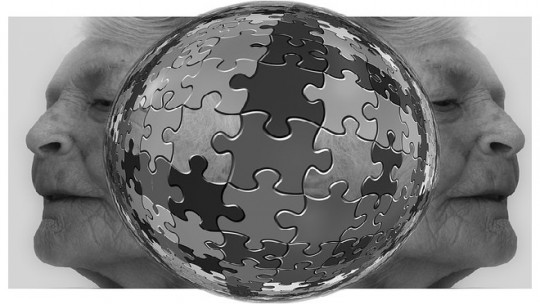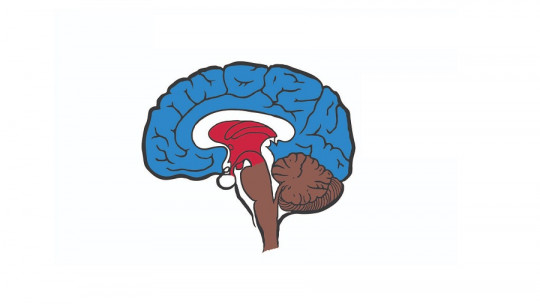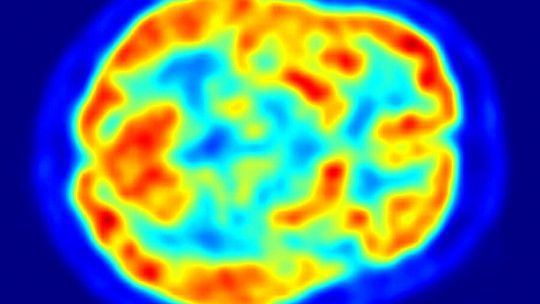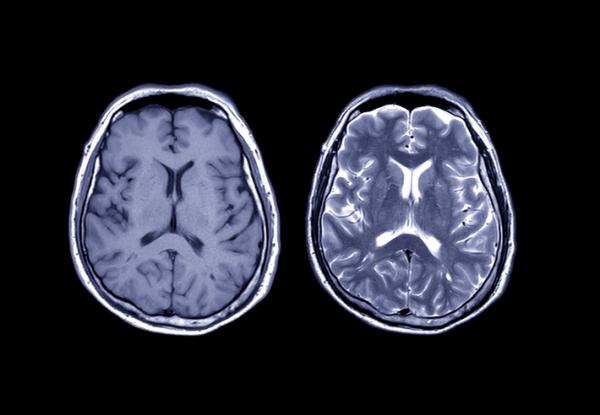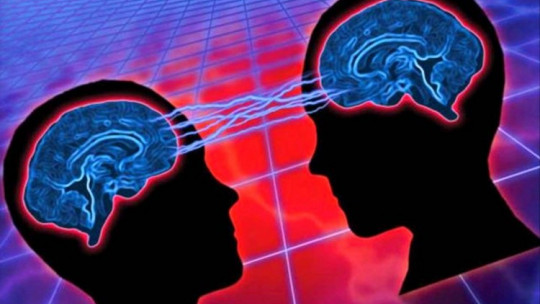For some people it may be difficult to believe since it is true that many advances have been made on the subject. However, the reality is that in our current society there are still many manifestations of racist behavior and thoughts.
Fortunately, we are increasingly aware of the strong impact that racism has on the physical and mental health of people who suffer from it. Precisely for this reason, it is considered increasingly less viewed and this type of behavior is punished or rejected more at a social level.
Throughout this article we will focus on the effects that racism generates on the brains of people who suffer from it. To do this, we will address aspects such as accelerated brain aging and other possible long-term consequences. Finally, we will talk about the vicious cycle that racism generates and how it affects mental health.
The impact of racism on brain health
Advances in technology and science allow us to know with increasing precision the impacts that certain aspects generate on our organisms and our lives. Relatively recent studies have focused their research on knowing in detail the imprint that racism generates on the brains of people who suffer from it.
The results obtained indicate that racism acts as a chronic stressor for the brain. This, without a doubt, generates an impact on its biology. Since victims of racism live in constant stress, it has been observed that brain connections are affected and, consequently, cognitive function is also modified.
The alterations occur mainly in areas related to stress response, self-awareness and cognitive function. All of these changes contribute to premature aging of the brain. The observed alterations have also been identified in cases of people who are subject to chronic stress due to being victims of abuse or factors such as poverty.
We cannot forget that stress is a natural and normal response that our body launches when it detects that we are in danger. Perceived threats, whether real or imagined, allow our body to activate to respond and return to the initial state of safety. The problem is that people who suffer from racism live on constant alert and this wears out the body at various levels.
Thus, we can observe that the racism suffered by certain people does not only have an impact in the moment but extends over time, thus triggering chronic responses in the body. This fact not only produces difficulties and alterations at a social level, but also affects the mental, psychological and physical health of people.
What’s behind accelerated aging?
The high levels of cortisol that victims of racism present are related to the state of constant hyperalertness that we mentioned above. This indicator is related to the deterioration of multiple physical functions (immune system, cardiovascular system, digestive system, etc.), but it also makes recovery from aging difficult.
This state of vigilance and the personal resources invested to respond to stress mean that the neurons work excessively and end up being overloaded. High levels of cortisol directly affect the functioning of certain brain areas such as the hippocampus which is related to memory and emotional regulation.
In this way, brain aging is accelerated and the chances of developing neurodegenerative pathologies such as Alzheimer’s, dementia in any of its forms or any other brain disease increase. These changes are related more to epigenetics than genetics.
Long term consequences
As we have mentioned, there are many negative consequences that racism has on the development of people and society. At an individual level, being victims of this situation can alter the functioning of all areas of a person’s life.
At the level of general health, there is often a greater tendency to develop cardiovascular and digestive pathologies due to the chronic inflammation to which the body is exposed. Along these lines, the functioning of the immune system is also altered.
If we focus on the impact generated at the brain level, the first point to highlight is the aforementioned. The risk of suffering from neurodegenerative diseases is much higher. As if this were not enough, a higher prevalence of mental disorders such as depression and post-traumatic stress is also observed.
The vicious circle of racism and its relationship with mental health
In recent times, a phenomenon called racial gaslighting has been described. This refers to the minimization or denial of certain experiences suffered and experienced by people who are victims of racism. As we can imagine, this increases the emotional and psychological impact even more.
People feel the need to justify or demonstrate the legitimacy of their experiences and, without a doubt, this fact maintains the state of hyperactivation and chronic stress. If being victims of racism were not painful, we must add the invalidation and denial that these people suffer in an additional way.
Of course, experiencing this type of abuse and mistreatment generates a very serious impact on people’s mental and emotional health. The probability of suffering from anxiety disorders, depression or other mental pathologies increases, which can also lead to serious physical health conditions.



